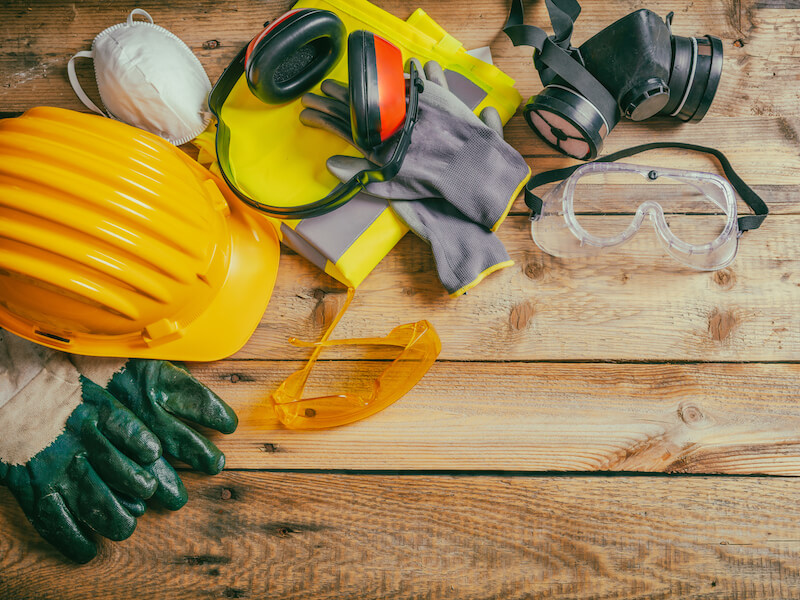
About two million workplace injuries are documented each year. When you think about on-the-job injuries, you may think of flying objects or a hand caught in a piece of machinery at a factory.
But the most prevalent workplace injury is far more pernicious and commonly goes unreported. Over a few years, it will sneak up gradually on people. The majority of individuals don’t even recognize it’s occurring until it becomes significant. People often make excuses. “It’s just part of the aging process” or “It’s a temporary issue”. This response is common.
Many people don’t even recognize it was brought on by their workplace environment.
The insidious injury is damaged hearing. There are some significant steps you should take if you detect any of the numerous warning signs.
Exactly When Does The Volume Become “Too Loud”?
Continual exposure to sounds louder than 85 decibels (dB) can trigger permanent damage to your hearing. For reference, a vacuum runs at about 75 decibels dB. A lawnmower produces 85 dB. If you’re exposed to a chainsaw or leaf blower you’re experiencing 100 dB. And the volume of a gunshot logs in at 140 dB.
How loud is your workplace? Is the most common workplace injury an issue for you? If you’re frequently exposed to noise as loud as a lawnmower, even if it’s not continuous, your hearing is likely to become damaged over time.
Symptoms of Hearing Damage
If you work in a noisy environment, there’s no question you’re harming your hearing.
What follows are early warning signs that you’re experiencing hearing loss:
- People are always complaining about the loud volume of your media devices.
- consonants get confused – “Todd” sounds like “Dodd,” for instance.
- Conversations sound muffled.
- You hear ringing, whistling, or hissing even when it’s quiet.
- You feel pain when you hear loud noises.
- You can’t understand the person speaking if there’s background noise.
- When you talk with people you always believe they are mumbling.
- You tend to disengage when people are talking.
- You frequently ask people to repeat themselves when they speak.
What Are Employers Doing to Lessen Hearing Damage?
In environments that are extremely loud, technology is being used by organizations and businesses, to reduce workplace noise. Workplace noise will be decreased as new recommendations are being put in place by governments to safeguard workers.
Employees are coming forward as they become aware of the long-term damage that workplace noise is causing. Over time, their voices will result in further change.
Preventing Further Damage
If you work in a loud setting, the best thing you can do is protect your ears before any damage is done. Potential damage will be minimized by wearing protective earplugs or earmuffs.
If you think your hearing has been injured by a noisy workplace, make an appointment for a hearing exam as soon as possible. You will discover how to counter additional damage when you determine how much hearing damage you’re dealing with. We address any hearing damage you’re already experiencing and develop strategies to help you avoid any further damage.